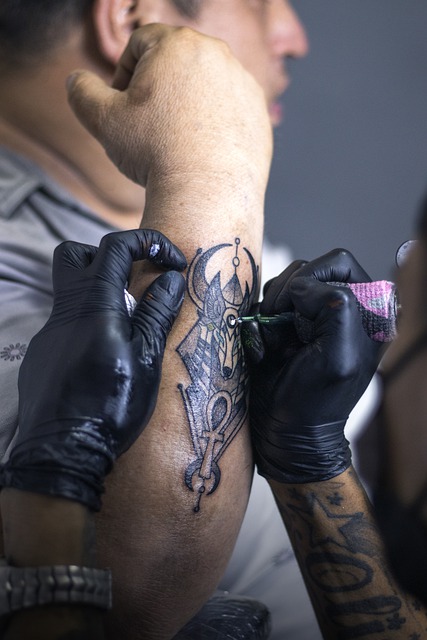Tattoos are a form of self-expression and art. However, not every tattoo turns out to be perfect. There are times when people end up with a very bad tattoo. It may be because of an inexperienced artist or a miscommunication about the design. Whatever the reason may be, a bad tattoo can be frustrating, disappointing, and even embarrassing. But, don’t worry, as there are ways to deal with a bad tattoo. In this article, we will discuss the different ways to deal with a very bad tattoo.
Table of Contents
- Understanding the Problem
- Assessing the Severity of the Tattoo
- Seeking Professional Advice
- Covering Up the Tattoo
- Removing the Tattoo
- Taking Care of Yourself
- Learning from the Experience
Understanding the Problem
The first step in dealing with a bad tattoo is to understand the problem. Take some time to reflect on what went wrong with the tattoo. Was it the design or the placement? Did you choose the wrong artist? Did you rush into getting the tattoo? Understanding the problem will help you come up with a solution.
Assessing the Severity of the Tattoo
The severity of the bad tattoo will determine the course of action. If the tattoo is small and not too noticeable, covering it up with clothing or makeup may be a good option. However, if the tattoo is large, prominent, or in a visible location, you may need to consider removal or cover-up options.
Seeking Professional Advice
If you are unsure about what to do with a bad tattoo, seek professional advice. Visit a reputable tattoo artist or dermatologist who specializes in tattoo removal. They can assess the tattoo and provide you with different options. It’s important to remember that removing or covering up a tattoo is a process and may take time and money.
Covering Up the Tattoo
Covering up the tattoo is a popular option for people who have a bad tattoo. You can use clothing, jewelry, or makeup to conceal the tattoo. Another option is to get a cover-up tattoo. A cover-up tattoo involves using a new design to hide the old tattoo. However, cover-up tattoos can be challenging and may require an experienced artist to execute properly.
Removing the Tattoo
Tattoo removal is another option for dealing with a bad tattoo. There are different methods for removing a tattoo, such as laser removal, surgical removal, and dermabrasion. However, tattoo removal is a painful and expensive process. It may also cause scarring or discoloration of the skin. Therefore, it’s important to carefully consider the risks and benefits of tattoo removal.
Taking Care of Yourself
Dealing with a bad tattoo can be stressful and emotional. It’s important to take care of yourself during this process. Talk to a friend or therapist about your feelings. Focus on self-care activities like exercise, meditation, or hobbies. Remember that a bad tattoo does not define you and that you are still the same person you were before getting the tattoo.
Learning from the Experience
Dealing with a bad tattoo can be a learning experience. Take the time to reflect on what went wrong with the tattoo and what you can do differently next time. Research different artists, designs, and techniques before getting another tattoo. Remember that tattoos are permanent and that it’s important to choose a design that you will love for years to come.
Conclusion
Dealing with a bad tattoo can be challenging, but there are different options available. Understanding the problem, assessing the severity of the tattoo, seeking professional advice, covering up the tattoo, removing the tattoo, taking care of yourself, and learning from the experience are all important steps in dealing with a bad tattoo.


